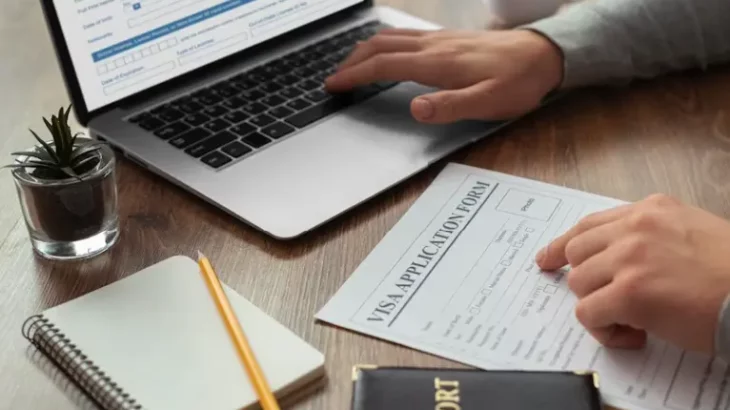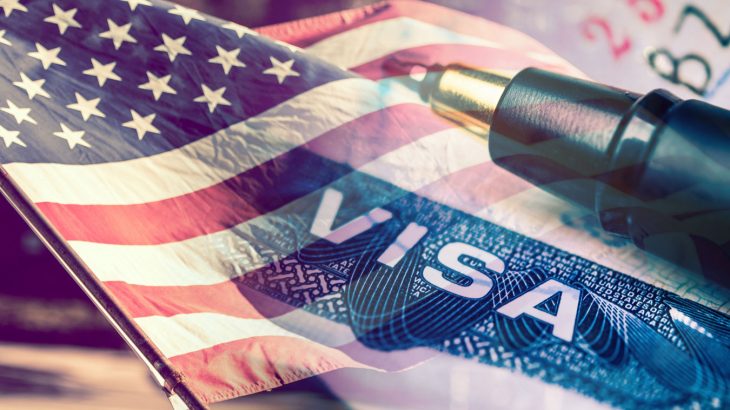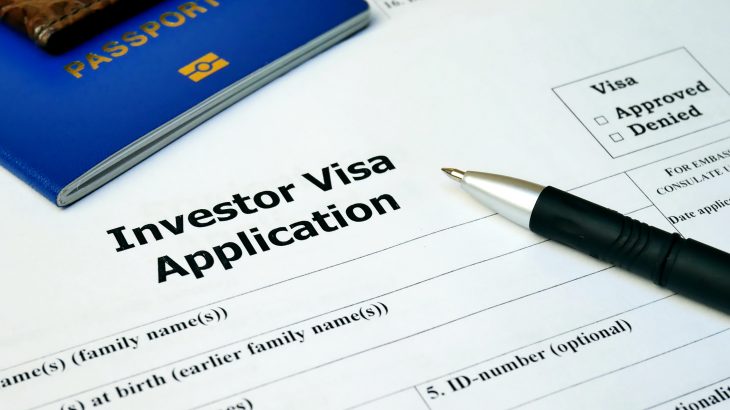On March 15, the US Citizenship and Immigration Services issued a policy guidance addressing the analysis of an employer’s ability to pay the proffered wage for certain employment-based immigrant petitions. This guidance, contained in Volume 6 of the Policy Manual, is effective immediately and applies to I-140 petitions filed on or after March 15, 2023. The updated guidance discusses in more detail various types of evidence and explains how USCIS reviews all evidence relevant to the employer’s financial strength and the significance of its business activities.
US employers seeking to sponsor employees under EB-1, EB-2 and EB-3 employment-based immigrant classifications that require a job offer must demonstrate their continuing ability to pay the proffered wage to the employee as of the priority date of the immigrant petition. The employer’s/petitioner’s ability to pay the proffered wage stated on Form I-140 is one of the essential elements that USCIS considers in evaluating whether the job offer is realistic.
Regulations require an employer to submit annual reports, federal tax returns, or audited financial statements for each available year from the priority date. An employer can alternatively submit a financial officer statement attesting to its ability to pay the proffered wage if it has 100 or more workers. Additional evidence such as profit and loss statements, bank account records, or personnel records may also be submitted. Many employers satisfy the ability to pay requirement by also submitting payroll records demonstrating that, during the relevant time period, they have been paying the employee at least the proffered wage indicated on the Immigrant Petition for Alien Workers (Form I-140).
Here’s what the updated USCIS guidance provides:
- USCIS reviews all evidence relevant to the employer’s financial strength and the significance of its business activities.
- Employer must submit one of the three forms of initial required evidence listed in the regulation but may also include other types of relevant evidence.
- Discussion of each form of initial required evidence listed in the regulation and several other forms of additional evidence employers might submit to establish their ability to pay the proffered wage.
- Explains how USCIS analyzes evidence and issues relevant to an employer’s ability to pay the proffered wage, such as the petitioner’s current employment of the beneficiary, prorating the proffered wage for the priority date year, multiple beneficiaries, successors-in-interest, and non-profit organizations.
- Addition of information about types of business structures to help officers better understand the types of petitioning employers and the evidence they may submit to establish their ability to pay the proffered wage
Reference Links
Chapter 4 – Ability to Pay | USCIS
20230315-AbilityToPay.pdf (uscis.gov)
EB1c Visa | EB1c US Lawyer | Davies & Associates (usimmigrationadvisor.com)
Merit Based EB-1A Visa | National Interest Waiver (usimmigrationadvisor.com)
EB3 Visa | Permanent Residency for Skilled Workers | Davies & Associates LLC (usimmigrationadvisor.com)
This article has been written by Zeenat Phophalia, Esq. Of Counsel, Davies & Associates, India Office.
Zeenat Phophalia is qualified to practice law in New York, United Kingdom and India. She practices in the area of U.S. immigration law with a focus on business immigration, and has represented corporate clients including large and medium sized companies and startups across sectors such as IT, consulting, consumer goods, manufacturing and telecommunications.
Looking for an US immigration lawyer? Request free consultation at Davies & Associates or find our closest location around the world.


































